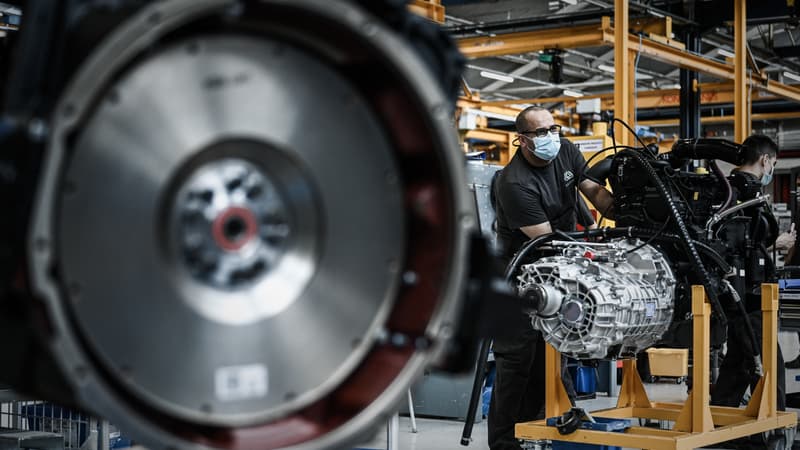Produce more and faster. The arms industry is mobilizing to participate in the war economy. The financial sector is no exception. Weinberg Capital Partners announces a €100 million fundraiser to invest in SMEs and ETIs specializing in defence, civil and cyber security. The goal is to help these companies adapt to an industry under pressure since the Russian invasion of Ukraine on February 24, 2022.
This move is bold. Investment funds are usually afraid to enter the arms industry for ethical reasons and for fear of damaging their image.
“Many see the issue of defense as irrelevant. We start from a different analysis. We are very committed to ESG [les critères liés à l’environnement, le social et la gouvernance, NDLR]. However, when we look at things objectively, what does ESG mean if we can’t guarantee our safety?” asks Serge Weinberg.
Civil security and cybersecurity
This fund is not dedicated exclusively to defense in the military sense of the term. It also extends to civil security and cybersecurity.
These 100 million euros are “a first step”, specifies Serge Weinberg who announces his intention to raise funds of greater amounts, which “will allow larger companies to be approached”. Weinberg aims to attract co-investors with the aim of becoming a majority shareholder in the companies in which the fund invests.
This initiative could prevent foreign companies from buying French defense nuggets. He recently joined Exxelia, a specialist in components for military aviation and the European space industry. This company supplies parts for the French Barracuda nuclear attack submarines, for the Rafale, Ariane 5 and 6 launchers and also for the A320neo and Dassault’s Falcon range of private jets. In the absence of offers “at the height”, as explained by Emmanuel Chiva, general armaments delegate, it was finally bought by the American electronics and defense group Heico.
Photonis, the world leader in night vision, almost met the same fate. To prevent its absorption by Teledyne, an American company, the State had blocked the sale. The company was eventually bought by the Paris-based investment fund HLD.
The Ministry of the Armed Forces, for its part, has two investment levers through Definfest (BPI) and the Defense Innovation Fund, which together have a capacity of 400 million euros.
A strategic meeting with manufacturers
Weinberg Capital’s initiative is closely followed by the Government, which encourages the sector to join the war economy decided by Emmanuel Macron. This Thursday, at the end of the day, the Minister of the Armed Forces Sébastien Lecornu, the General Arms Delegate (DGA) Emmanuel Chiva, and the representatives of the arms industry (BITD, defense industrial and technological base) will meet in a second time to define a road map, methods and formalize resources and needs.
Manufacturers should actively participate in replenishing stocks of equipment and ammunition. They will be financially supported by the State with a military programming law (LPM) of an amount never reached in 30 years: 413,000 million euros. During this meeting, in which of course the issue of the war in Ukraine will be addressed, the Minister and the DGA will also have to address the issue of access to private financing.
But the other crucial point remains the recruitment of experts from all fields. If manufacturers find it difficult to hire technicians, particularly welders, the problem is even greater in tech where they compete for talent with big tech companies that offer high salaries.
Finally, the war in Ukraine has led European countries to reinvest in the arms sector. This situation puts this industry in a situation of tense competition within the European Union, in addition to traditional competitors such as the Americans, whose industry has also been put to work in an industrial war economy.
Source: BFM TV


